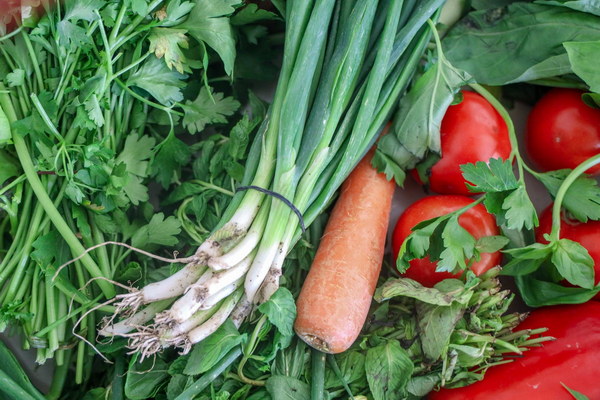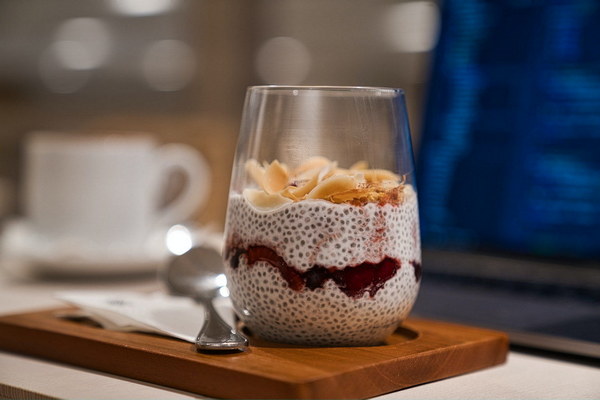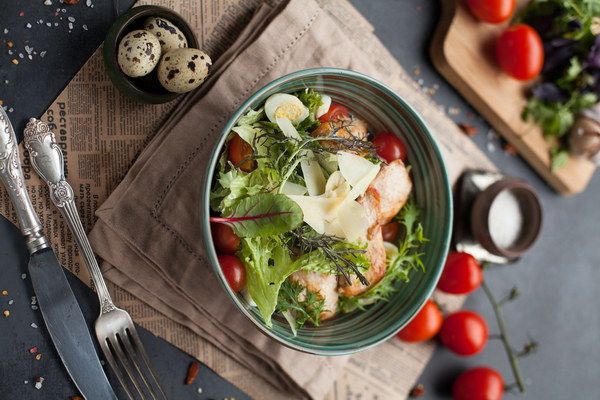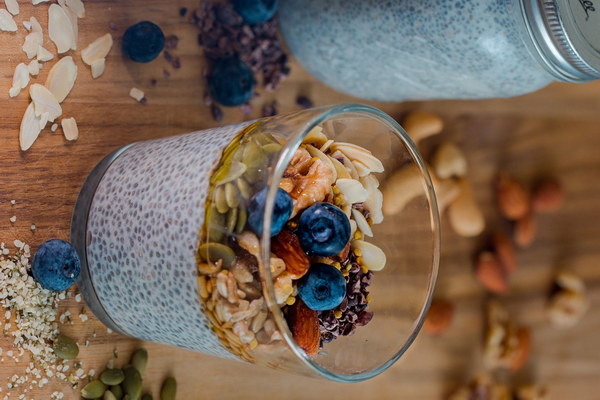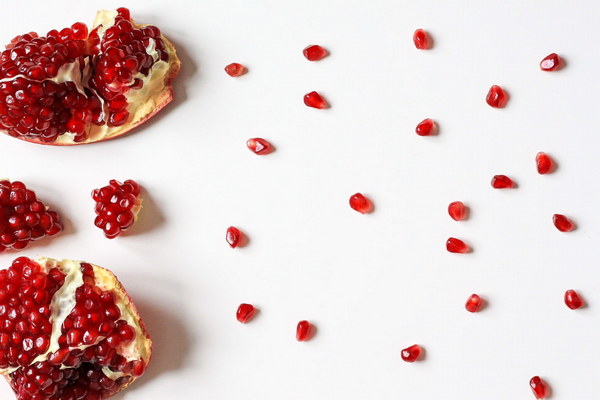Nourishing Qi A Guide to Traditional Chinese Foods for Qi Enhancement
In Traditional Chinese Medicine (TCM), Qi (Chi) is considered the vital life force that animates and maintains the body's function and balance. It's believed that maintaining a healthy Qi level is essential for good health and longevity. Food plays a crucial role in Qi enhancement, and TCM offers a wealth of knowledge on which foods to consume for optimal Qi nourishment. Here's a comprehensive guide to traditional Chinese foods that are known to boost and balance Qi.
Understanding Qi and Its Importance
Before diving into the specifics of Qi-enhancing foods, it's important to understand what Qi is and why it's so vital in TCM. Qi is often translated as vital energy and is thought to be the essence that animates all things. It flows through the body along pathways called meridians, and its balance is key to good health. When Qi is abundant and flowing smoothly, the body is strong and resistant to disease.
Qi-Boosting Foods: A TCM Perspective
1. Ginseng: Known as the king of herbs in TCM, ginseng is revered for its ability to boost Qi and improve overall vitality. It's available in various forms, such as dried roots, powders, and extracts.
2. Goji Berries: These vibrant red berries are a popular Qi-enhancing food in TCM. They're believed to improve energy levels, boost the immune system, and enhance mental clarity.
3. Schisandra Berries: These tart berries are a favorite in TCM for their ability to nourish both the body and mind. They're known to support respiratory health, improve digestion, and enhance Qi.
4. Green Tea: A staple in Japanese and Chinese cultures, green tea is rich in antioxidants and is believed to aid in Qi circulation. It's also a great beverage for those looking to boost their energy levels naturally.
5. Soy Products: Tofu, tempeh, and miso are all made from soybeans, which are considered to be a Qi-building food in TCM. They provide a rich source of protein and are believed to help balance the body's Yin and Yang energies.
6. Quinoa: This ancient grain is a complete protein and is highly valued in TCM for its ability to nourish the Qi. It's also gluten-free and rich in essential amino acids.
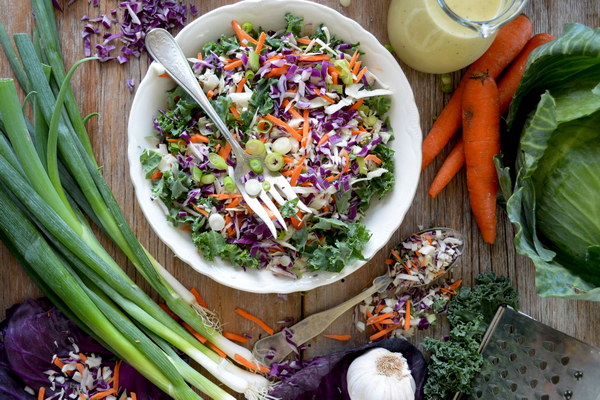
7. Barley: Barley is another grain that's highly regarded in TCM for its Qi-enhancing properties. It's believed to help regulate blood sugar levels and improve digestion.
8. Shellfish: Seafood, especially shellfish like oysters and clams, is considered a Qi-building food in TCM. They're thought to be particularly beneficial for those with a weak constitution or those recovering from illness.
9. Mushrooms: Various types of mushrooms, such as reishi and cordyceps, are used in TCM to boost Qi and enhance vitality. They're often found in herbal formulas and can be consumed as supplements.
10. Nuts and Seeds: Almonds, walnuts, sesame seeds, and pumpkin seeds are all excellent sources of energy-boosting nutrients. They're believed to help strengthen the Qi and improve endurance.
Combining Foods for Maximum Qi Benefit
In TCM, the combination of certain foods is as important as the individual ingredients themselves. For example, combining ginseng with goji berries and honey can create a potent Qi-enhancing tonic. It's also common to pair warming foods with cooling ones to maintain a balanced Qi flow throughout the body.
Cooking Techniques for Qi-Nourishing Meals
The way food is prepared can also affect its Qi-enhancing properties. In TCM, slow-cooked soups and stews are highly valued for their ability to nourish Qi. Techniques such as steaming, simmering, and sautéing are preferred over frying or grilling, as they preserve the nutrients and natural Qi of the ingredients.
Conclusion
Incorporating traditional Chinese foods into your diet can be a powerful way to enhance your Qi and support your overall health and well-being. Whether you're looking to boost your energy, improve your immune system, or simply maintain a balanced state of health, these Qi-boosting foods can be a valuable addition to your daily routine. Remember, the key to Qi enhancement is not just in the foods you eat, but also in the way they are prepared and the balance they create within your body.
